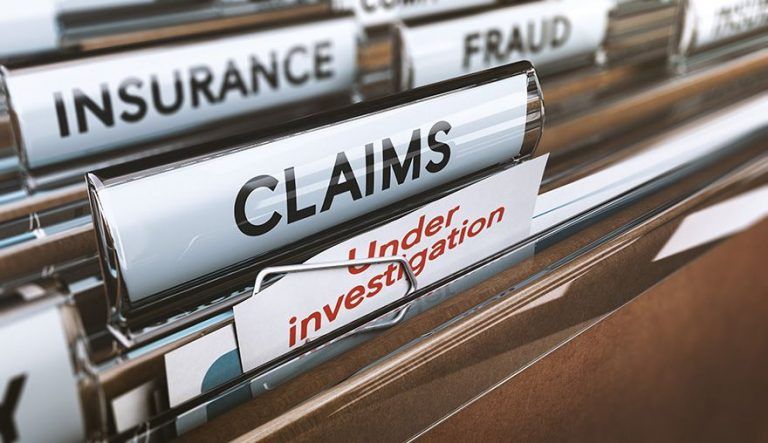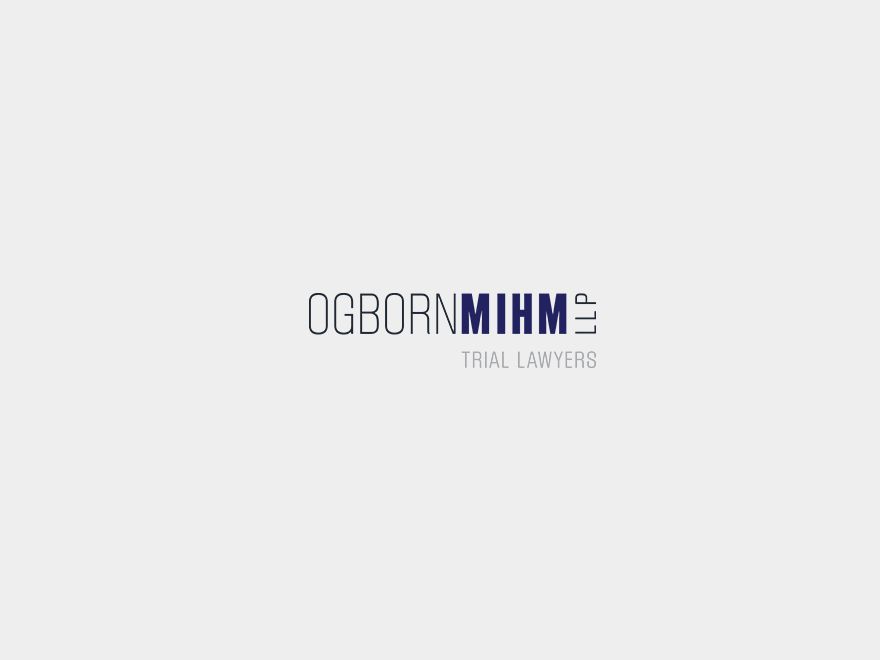A recent 11th Circuit opinion held that False Claims Act (FCA) relators can invoke a three-year statute of limitations measured from when the government receives notice of the violation, even in a case in which the government declines to intervene.
Since its filing in April 2018, U.S. ex rel. Billy Joe Hunt v. Cochise Consultancy Inc. et al., has been the subject of much legal chatter and with good reason. This three-judge panel decision created a circuit split, potentially priming two important questions for review by the Supreme Court of the United States (SCOTUS).
Of course, just as with every circuit split, potential parties to FCA claims are now left in doubt as to what the final rule of law will be regarding the statute of limitations for relator’s claims. Here, that uncertainty can leave relators unsure as to whether their claims are time-barred or not under the FCA.
Let’s take a deeper dive into the case, the 11th Circuit’s analysis and the circuit splits on two important issues concerning the statute of limitations for FCA claims.
Congress enacted the FCA during the Civil War to detect and punish individuals making false claims for payment against the United States government. Though the statute has evolved over time with substantial revisions in 1986 and 2009, it still fundamentally bars the same types of conduct. One thing that has remained consistent is that individuals, known as Relators, may file a lawsuit on behalf of the government, known as Qui Tam claims.
Under the False Claims Act’s current provisions, a relator must file an action within the following times frames:
- 6 years after the date on which the violation . . . is committed (31 U.S.C. § 3731(b)(1)), or
- 3 years after the date when facts material to the right of action are known or reasonably should have been known by the official of the United States charged with the responsibility to act in the circumstances, but in no event more than 10 years after the date on which the violation is committed (31 U.S.C. § 3731(b)(2)).
In Hunt, the relator brought suit against two of his former employers, Parsons Infrastructure & Technology and Cochise Security, both military defense contractors in Iraq, accusing them of bribery and rigging the bidding process. Hunt filed his claim more than 6 years after the alleged violations, but he did bring it within the 3-year period from when he had informed the government of the underlying facts of the FCA claim.
The Department of Justice (DOJ) decided not to intervene in the case, and the defendants moved to dismiss the claim based on Section 3731(b)(1) because the alleged violation had occurred more than seven years before Hunt filed the claim.
Judge R. David Proctor of the District Court for the Northern District of Alabama agreed with the defendants and dismissed the case, ruling it was time-barred because it had been filed after the expiration of the six-year statute of limitations. Proctor concluded that the three-year extension under § 3731(b)(2) did not apply for one of two reasons: either because the government had declined to intervene or because Hunt had known about the fraud for more than three years. Proctor didn’t find it necessary to decide which applied as the claim failed under both interpretations of the statute.
On appeal, in an opinion written by Judge Jill Pryor, the 11th Circuit Court of Appeals reversed and revived Hunt’s claim, ruling that Hunt had an additional three years after notifying the government of the alleged violation to file a timely FCA claim.
Case Analysis and Circuit Split
In deciding Hunt, the 11th Circuit explicitly split from the reasoning previously applied by the 4th and 10th Circuits. Judge Pryor wrote that the latter two circuits “reflexively applied the general rule that a limitations period is triggered by knowledge of a party. They failed to consider the unique role that the United States plays even in a non-intervened qui tam case.”
This “unique role” of the government, according to the 11th Circuit, is as a “real party in interest [that] retains significant control over the case” when it intervenes or, in instances in which it does not intervene “as the victim of the fraud . . . entitled to the bulk of recovery.” Moreover, Judge Pryor noted, the United States “retains a significant role in the litigation” even when it doesn’t intervene because it may still take various actions as the case runs its course, including the options to stay discovery if it would interfere with an ongoing investigation or override a relator’s desire to end the litigation.
The 11th Circuit further found that the FCA’s plain statutory language does not limit the application of the three-year extension to those cases in which the government has intervened. The court also found no evidence in the statute’s legislative history to support the position that a shorter statute of limitations should apply when the government chooses not to intervene. Further, the court found that applying the extended statute of limitations to relators actually coincides with the stated purpose of the FCA, which is to discover and punish those committing fraud against the government.
The court rejected the defendants’ contention that if relators can bring an action within three years from when the government learned of the alleged violation, relators would always delay notifying the government to maximize damages. The defendants had argued that under that reading, the six-year statute of limitations would never apply and make that section of the statutory language superfluous. The court, however, disagreed, and pointed to other FCA provisions, such as those concerning the race to the courthouse to be the first to file, that encourage relators to bring claims as quickly as possible.
The court then turned to the question of whether the three-year extension is triggered by when the relator or the government has knowledge of the alleged violation. Again diverging from a fellow federal appellate court decision — this time the 9th Circuit’s decision in U.S. ex rel. Hyatt v. Northrop Corp.— the 11th Circuit concluded that the government’s knowledge, not the relator’s, is what triggers the availability of the three-year extension.
The 3rd Circuit, incidentally, has also ruled like the 9th Circuit, that the relator’s knowledge is the trigger for the applicability of § 3731(b)(2).
What Comes Next?
In sum, the 11th Circuit has held that the three-year statute of limitations extension described in § 3731(b)(2) also applies in cases in which the government does not intervene and that this limitations period is triggered by the government’s knowledge as opposed to the relator’s.
Among the circuits not mentioned above, there is a range of district court opinions on each of these two issues, sometimes with splits even within the same circuit. For example, the 2nd Circuit has one district court decision that permits all relators to use the three-year extension and another that allows such action only when the government intervenes.
Because these splits could mean the difference between a relator’s claim moving forward or not, anyone filing FCA claims must be aware of all of the different positions taken by various federal courts within the jurisdiction and proceed accordingly — and also anticipate that SCOTUS will likely eventually decide this critical issue concerning the applicable statute of limitations.






